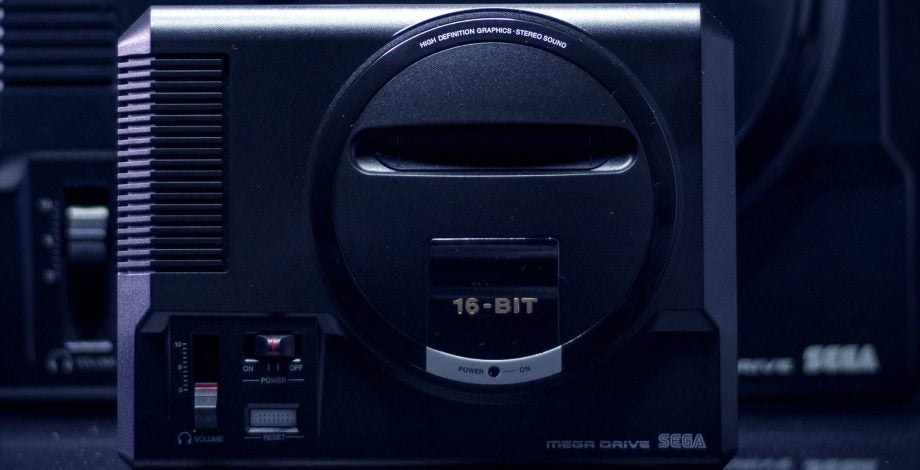Forget the PS5 and Xbox 2: This Christmas it’s all about SNES vs Mega Drive

For the last decade the console wars have been dominated by the ongoing Xbox vs PlayStation feud, with Nintendo happily playing Switzerland and doing its own thing on the side.
But this year, for me, the battle has taken an unexpected, welcome and retro twist and two former heavyweights have once again taken centre stage with SEGA rising from the ashes to take on Nintendo with its spiffy new Mega Drive Mini.
For those that missed it, this isn’t a time warp to the late 80s / early 90s. The Mega Drive Mini is the company’s attempt to pull the same trick Nintendo did with the NES and SNES Mini two years ago. Specifically, it’s a tiny, beautifully recreated version of the classic console SEGA, released way back when in 1998, which comes loaded with some of the platform’s all-time best games.
For those old enough to remember the Mega Drive (known as the SEGA Genesis in America) this is pretty much the best thing to happen all year and way more interesting than anything Microsoft or Sony are doing with the near end of life Xbox One and PS4.
This is because the Mega Drive and SNES were an entire generation’s entry point into gaming and a defining factor in any 90s kids’ childhood – seriously, which console you owned could define which side of the playground you hung out on.
This was because of the different tactics SEGA and Nintendo took marketing the consoles. The Mega Drive was SEGA’s reaction to the SNES. It aimed to differentiate itself from its family-friendly rival by being the “cool” kid and older gamers’ console of choice.
It did this by featuring a darker, more edgy design and wealth of games and adverts with more mature content. This meant, where the SNES had Mario and Kirby, the Mega Drive had Sonic and Batman.
The tactic worked a treat, and meant kids like me with a preference for Metalica over Kylie were instantly drawn to the Mega Drive – despite the wealth of great games and more developed library on the SNES – when we were finally old enough to ask Santa for a games console.
I’ve already chronicled my disappointment with SEGA’s later offerings, but the Mega Drive vs SNES debate was one of the hardest questions I ever had to deal with as a kid. I spent hours spent pondering each console’s merit, trying to answer multiple key questions.
First I had to consider what games were on each. Then I had to factor in what console my friends down the road had – having the same favourite game and console as the lame kids would seriously impact your street cred.
Then there was the undeniable question of whether I was team Sonic or Mario, – despite what’s happened recently, 8 and 16-bit Sonic games were as good, if not better, than early Mario titles.
Finally, there was the practical question of which console I could persuade my parents to get – believe it or not, the Mega Drive’s push to be edgy was a two edged sword that made it a naughty item in some parent’s minds.
Thankfully the final point isn’t really a factor if you’re a grown-ass adult, but the rest of the questions are as valid now as they were then.
Both mini consoles have stellar libraries, wonderfully accurate replica designs and super alluring retro-chique that’ll make any gamer in their 30s swoon with nostalgic joy.
Which is why this Christmas my biggest headache isn’t related to the Xbox or PlayStation. It’s picking whether I’m going to go for Nintendo’s SNES Mini or the new (and still cooler looking) SEGA Mega Drive Mini as a present to myself.


